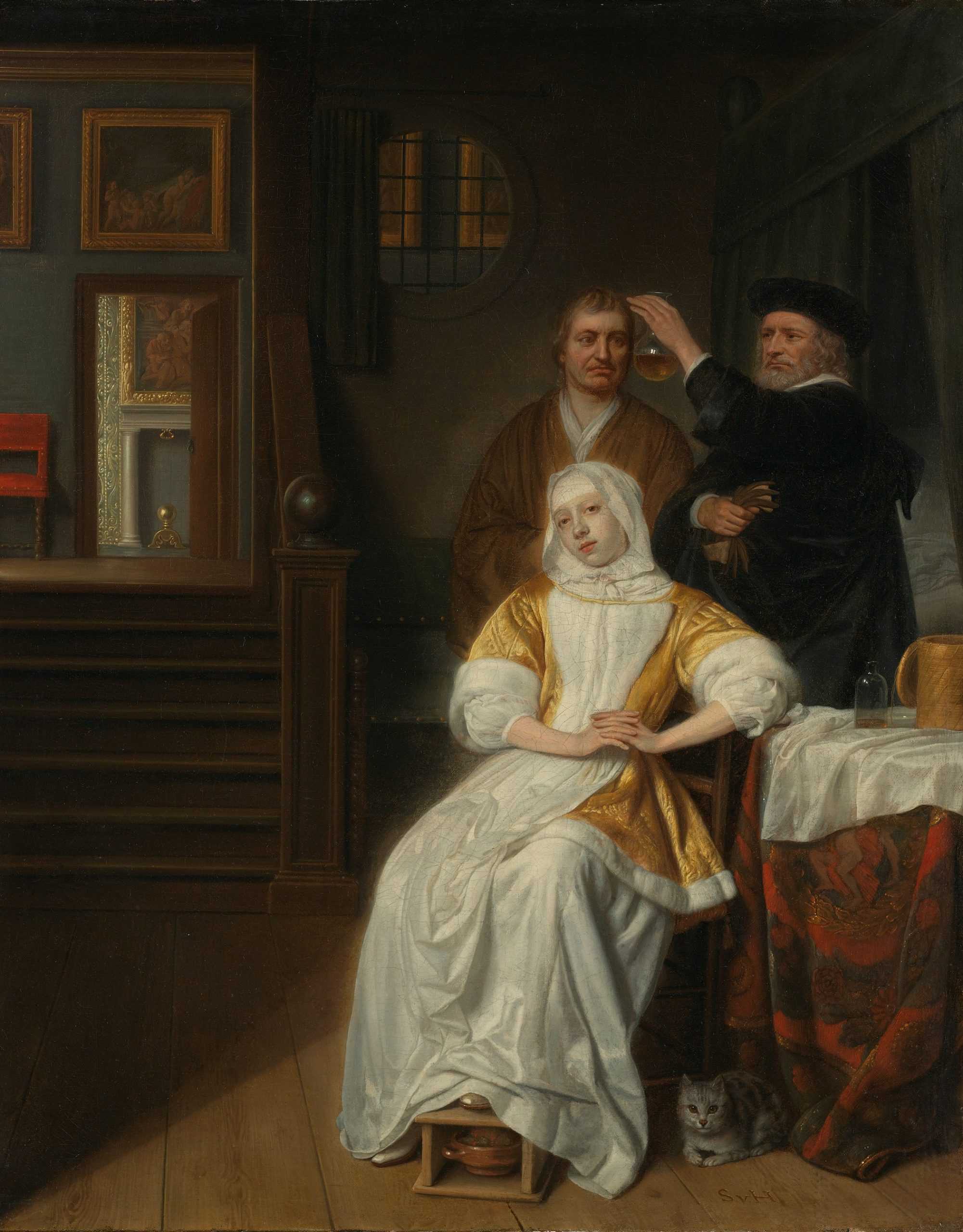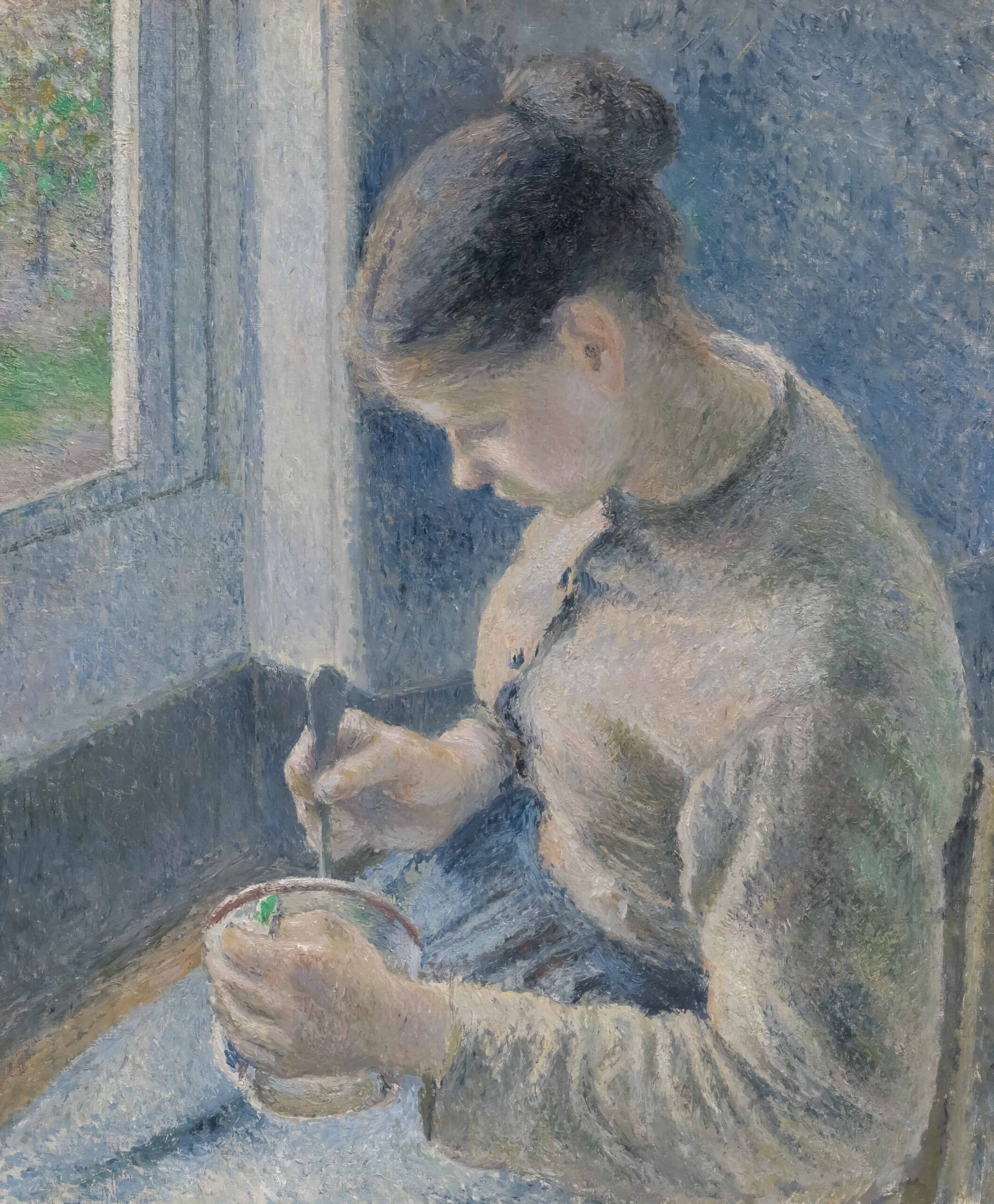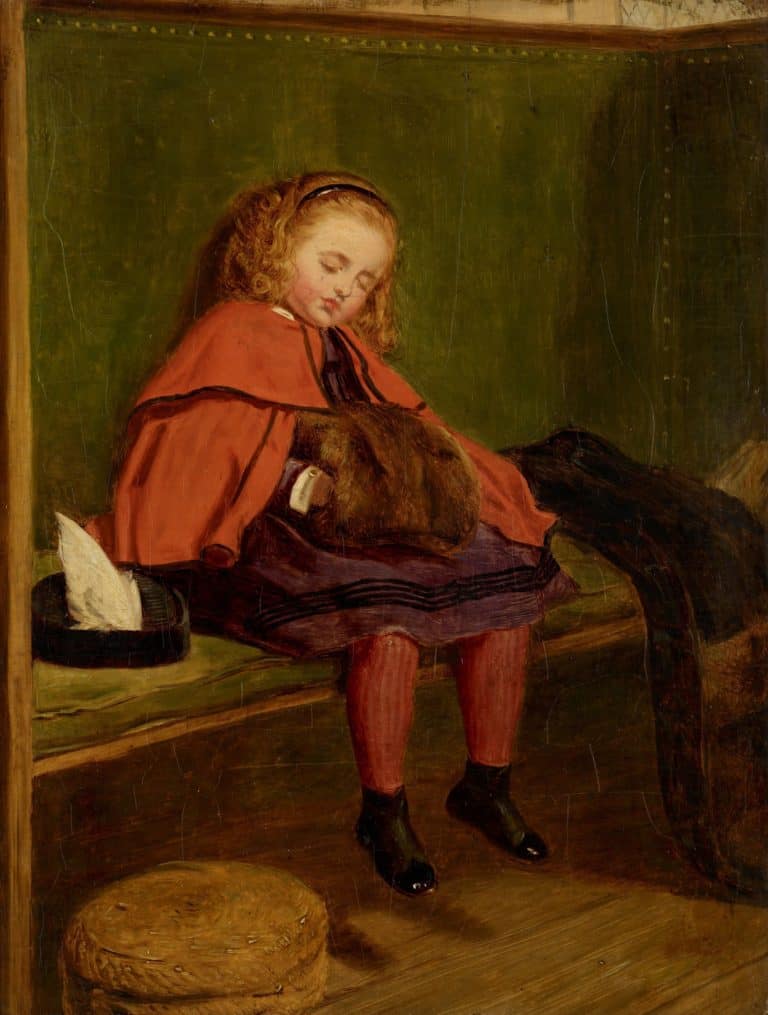Three Evidence-Based Treatments For OCD
Medically Reviewed By – Juliet Gustafson, LMSW

In my culture, we have a saying that goes like this “For every disease, there is a cure”. This applies to every disease, including Covid 19 (hopefully). Anyway, this applies to OCD as well. Data and numerous studies suggest that OCD treatments have improved significantly in the last couple of years. Fortunately, there are 3 proven treatments of OCD.
“Doing what scares you the most is sometimes the very thing that will set your mind free”
OCD is a serious mental disorder, inducing high levels of stress, anxiety, and distress. However, there are a couple of different treatments to decrease the severity of OCD symptoms by almost (60 – 70%) roughly.
For the remaining 30% not helped by standard OCD treatments, there are several alternatives. They can also try experimental OCD treatments that offer new hope.
There are many ways to treat OCD, including therapy and medications. Below are three evidence-based treatments for OCD. They include Exposure therapy, cognitive behavioral therapy and Acceptance and Commitment Therapy.
This Post Is All About Three Evidence-Based Treatments for OCD.

🎁 Special Offer: 🎁 When you use our affiliate link, you’ll receive an exclusive 20% discount on Online-Therapy.com services!
Don’t miss this opportunity to invest in yourself and unlock your full potential. Start your journey to mental wellness today!
Say yes to a brighter, happier future with Online-Therapy.com!
20% discount on Online-Therapy.com services
Are you ready to take control of your mental well-being and embark on a journey towards a happier, healthier you? Look no further than Online-Therapy.com!
Experience a transformation in your mental health with the following benefits:
- Convenient & Confidential: Online-Therapy.com provides a safe and private platform for therapy sessions. Say goodbye to the stress of in-person appointments.
- Comprehensive Resources: Access a treasure trove of therapeutic resources, including worksheets, journals, and interactive tools, all designed to help you grow and heal.
- Certified Professionals: Connect with experienced and licensed therapists who are dedicated to your progress and well-being.
- Tailored Approach: Online-Therapy.com offers personalized plans designed to suit your specific needs, ensuring you receive the support you deserve.
What is OCD?
Obsessive-compulsive disorder (OCD) is a mental health illness that affects roughly 1.2% of the US population. OCD consists of two main branches, the first one being Obsessions and the second is Compulsions.
Obsessions are the unwanted, uninvited thoughts and/or images that cause pain and suffering to a person diagnosed with OCD. Alternatively, Compulsions are actions and behaviours that a person diagnosed with OCD feels the urge to repeat over and over again.
These actions maybe effective in reducing stress caused by obsessions, but it’s time span is very minimal and limited.
What Are You Waiting For? – Download our FREE OCD Worksheets now!
What are OCD Obsessions?
The word ‘obsession’ comes from the Latin word ‘obsidere’ which means ‘to besiege’. Obsessions are any unwanted thoughts and/or images that cause pain and stress.
Normally, a person with OCD does not welcome these harmful undesirable thoughts but he/she is obsessed with them.
one cannot block or ignore these obsessive thoughts as they become extremely aggressive and mentally exhausting if a person tries to “not acknowledge” them.
What are OCD Compulsions?
Remember Gollum from the Lord of the Rings! What the ring of power was to Gollum, compulsions are to people with OCD. There cannot be compulsions without obsessions, it is not possible. Since obsessions spark the fires in OCD. Compulsions can be the need to put out that fire.
These compulsions can be very time consuming, irritating and counterproductive. Yet, anyone diagnosed with OCD cannot stop the urge of performing said actions.
Over time, these compulsions slowly take over someone’s life leaving them with nothing more than doubt and frustration.
Related Article(s) – What are Compulsions in OCD?
Exposure and Response Prevention Therapy
The go to therapy of any mental health therapist is exposure and response prevention or (ERP) for short. In ERP, individuals who suffer from OCD are placed in situations and scenarios where they are exposed to their obsessions and asked not to perform the compulsions that usually ease their anxiety and distress.
This is a combined effort from both the mental health therapist and the patient.
The first step is for you to list all your obsessions and compulsions in details. Secondly the patient and the therapist will arrange them in a list, ordering them from things that don’t bother you much to things that are the most frightening.
In other words, listing your thoughts and obsessions from least to highest in terms of distress and anxiety.
Related Article(s) – What Will Happen if OCD is Left Untreated?
Thirdly, the therapist will ask the patient to face his/her fear of something on your list, starting with the easiest. For example, let’s say you have an obsessive phobia of germs, and that fear is low on the list (does not hinder the rest of your day).
A typical exposure exercise consists of shaking hands with your therapist (exposure), and not washing hands afterwards (response prevention).
Here’s where the response-prevention part comes in. If your usual response is to wash your hands immediately after shaking hands, the therapist would ask you to wait and time you before you wash your hands.
As you repeat this exposure task, the therapist will ask you to wait longer and longer before washing your hands.
Over time, this gradual exposure and delayed response would help you learn to control your fear of germs without washing your hands.

Imaginal Exposure Therapy
Imaginal exposure is another popular technique used in Exposure and Response Prevention Therapy.
For individuals who may find it hard to jump straight into real world situations, imaginal exposure (IE) can be a helpful way to reduce anxiety and move to ERP.
By using IE, the therapist helps create a scenario that mimics the anxiety and distress someone might experience in a routine situation.
For someone who fears driving down a specific road obsessed that he would run someone over, the therapist will have them imagine driving down that same road for several minutes every day and record their level of anxiety.
Over time, as the level of anxiety decreases, patients become gradually tolerant to the feared situation, making them more willing to move the process to real life and engage in the next step, ERP.
Cognitive Behavioral Therapy
Cognitive Behavioral Therapy or (CBT) for short helps you understand and analyze the false signals your brain is sending. Your therapist will help you learn to recognize these messages and respond to them in healthy ways to help you control your obsessions and compulsions.
CBT aims to help you identify and explore the ways your emotions and thoughts can affect your actions. Once you notice these patterns, you can begin learning to reframe your thoughts in a more positive and helpful way.
Cognitive therapy focuses on the meanings we attach to certain experiences that we misinterpret. For example, if someone has obsessions that he/she ran someone over by his/her car and thus he/she begins to stress. In CBT, the patient is asked to analyze and dissect the situation that he is obsessed about.
Try Our Free OCD Y-Bocs Test Right Now!
He/she would look for evidence that he did run someone over such as blood on his/her windshield, a body lying on the street and the reactions of people driving next to him/her
Cognitive therapy for OCD focuses on the experience of negative thoughts. While most people easily dismiss such thoughts (e.g., “That’s a silly thing to think”), some people have certain beliefs that thoughts are always important.
So instead of being able to just forget about these negative thoughts, their beliefs cause them to react differently and might make them think “I’m a bad person for having such a thought!”
Research shows believing that negative thoughts are important and attempting not to have “bad” thoughts produces the opposite effect.
Related Article(s) – The Relationship Between OCD and Comorbid Disorders
Acceptance and Commitment Therapy
Acceptance and commitment therapy is another effective method used to control and deal with OCD. ACT is a type of mental psychotherapy in which patients learn to tolerate obsessions and intrusive thoughts while focusing on the present moment.
Act highlights the fact of accepting your thoughts without trying to react to them and/or try to change them. This can be achieved with the help of a professional mental health therapist.
ACT offers an alternative to traditional attempts to control unwanted psychological experiences. Rather than trying to control the content of thinking and emotions, ACT aims to help individuals change their relationship to these events according to 2018 study.
Related Article(s) – Top 5 OCD Books To Read In 2023
Medicinal Approaches In OCD
Medicine can be prescribed in cases where psychotherapy does not work or when it is not appropriate. Antidepressants that alter the balance of chemicals in the brain are usually taken with a mix of psychotherapy.
To be precise, SSRIs (selective serotonin reuptake inhibitors) are used to equalize the amount of serotonin in the brain.

🎁 Special Offer: 🎁 When you use our affiliate link, you’ll receive an exclusive 20% discount on Online-Therapy.com services!
Don’t miss this opportunity to invest in yourself and unlock your full potential. Start your journey to mental wellness today!
Say yes to a brighter, happier future with Online-Therapy.com!
20% discount on Online-Therapy.com services
Are you ready to take control of your mental well-being and embark on a journey towards a happier, healthier you? Look no further than Online-Therapy.com!
Experience a transformation in your mental health with the following benefits:
- Convenient & Confidential: Online-Therapy.com provides a safe and private platform for therapy sessions. Say goodbye to the stress of in-person appointments.
- Comprehensive Resources: Access a treasure trove of therapeutic resources, including worksheets, journals, and interactive tools, all designed to help you grow and heal.
- Certified Professionals: Connect with experienced and licensed therapists who are dedicated to your progress and well-being.
- Tailored Approach: Online-Therapy.com offers personalized plans designed to suit your specific needs, ensuring you receive the support you deserve.
Conclusion
Above are 3 evidence-based ways to treat OCD. 1) Exposure and Response Prevention, (2) Cognitive Behavioral Therapy and (3) Acceptance and Commitment Therapy.
Summary –
- Exposure and Response Prevention Therapy: A therapy that encourages you to face your fears and let obsessive thoughts occur without performing compulsions.
- Imaginal Exposure: Another form of Exposure and Prevention therapy, Imaginal exposure therapy is when a person participates in a guided imagery session that has them imagine themselves being exposed to triggers for their anxiety.
- Cognitive behavioral Therapy: CBT is a form of psychotherapy that focuses on how a person’s thoughts, beliefs, and attitudes affect their feelings and behaviors.
- Acceptance and commitment therapy: An effective treatment method revolving around the idea of accepting thoughts while avoiding reacting negatively to them.
This post is all about Three Evidence-Based Treatments for OCD.
References
- Gellatly, J., Bower, P., McMillan, D., Roberts, C., Byford, S., Bee, P., Gilbody, S., Arundel, C., Hardy, G., Barkham, M., Reynolds, S., Gega, L., Mottram, P., Lidbetter, N., Pedley, R., Peckham, E., Connell, J., Molle, J., O’Leary, N., & Lovell, K. (2014, July 10). Obsessive compulsive treatment efficacy trial (octet) comparing the clinical and cost effectiveness of self-managed therapies: Study protocol for a randomised controlled trial – trials. BioMed Central. Retrieved July 15, 2022, from https://trialsjournal.biomedcentral.com/articles/10.1186/1745-6215-15-278
- Zhang CQ, Leeming E, Smith P, Chung PK, Hagger MS, Hayes SC. Acceptance and Commitment Therapy for Health Behavior Change: A Contextually-Driven Approach. Front Psychol. 2018 Jan 11;8:2350. doi: 10.3389/fpsyg.2017.02350. PMID: 29375451; PMCID: PMC5769281.
- Pittenger, C., & Bloch, M. H. (2014, September). Pharmacological treatment of obsessive-compulsive disorder. The Psychiatric clinics of North America. Retrieved July 15, 2022, from https://www.ncbi.nlm.nih.gov/pmc/articles/PMC4143776/
- U.S. Department of Health and Human Services. (n.d.). Obsessive-compulsive disorder (OCD). National Institute of Mental Health. Retrieved July 15, 2022, from https://www.nimh.nih.gov/health/statistics/obsessive-compulsive-disorder-ocd


